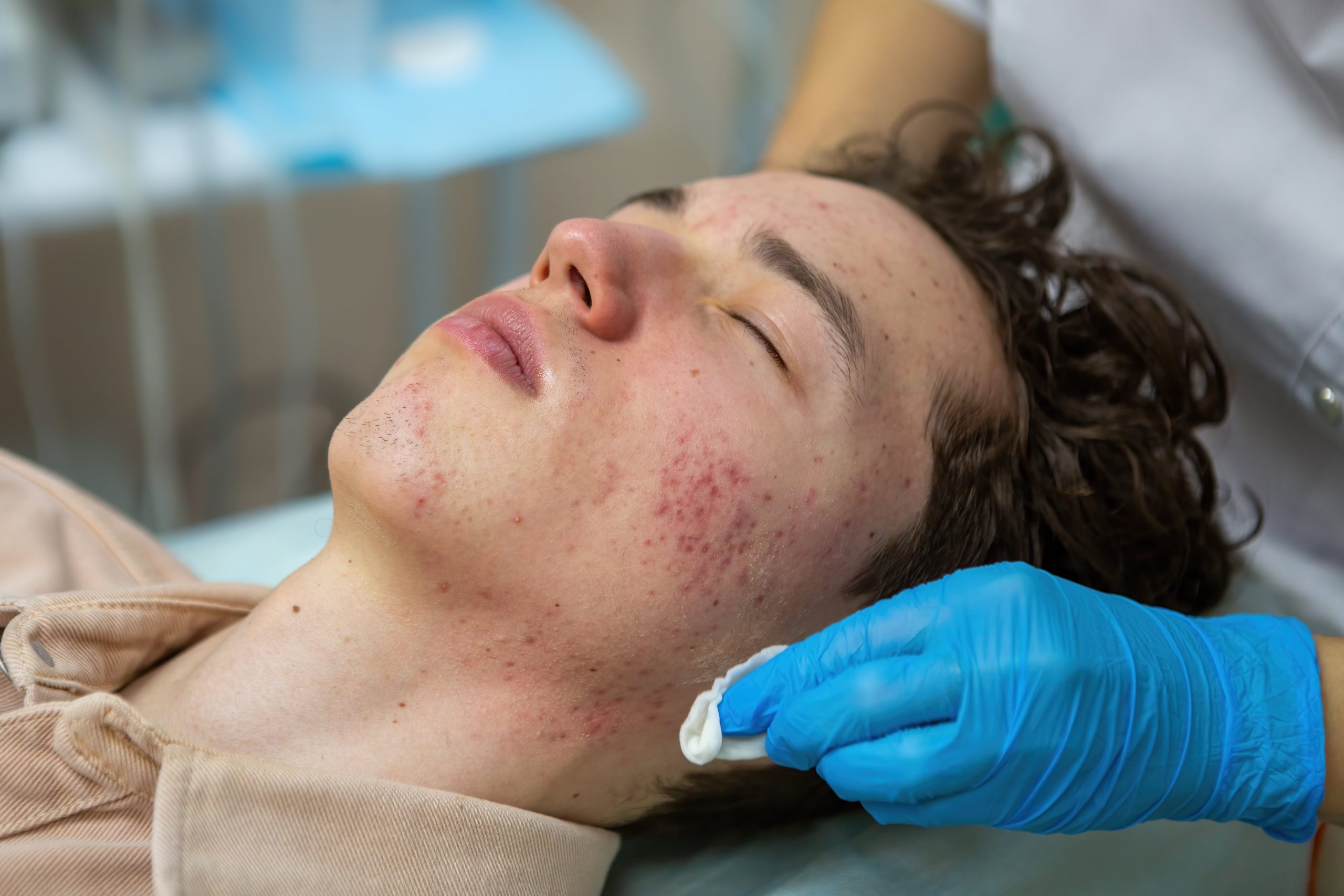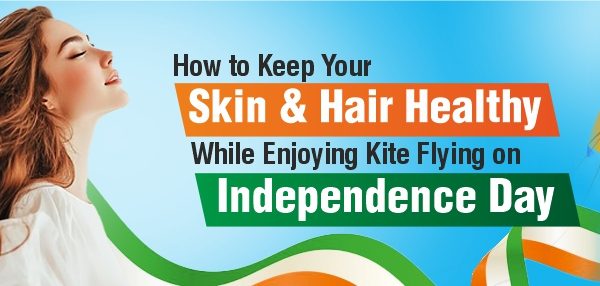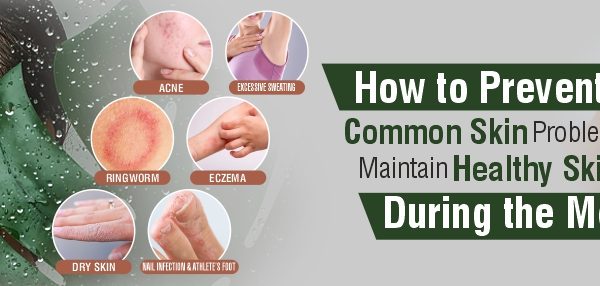
All Types of Acne: Understanding the Different Forms and Effective Treatments
Acne is a common skin condition that affects millions of people worldwide. It occurs when hair follicles become clogged with oil, dead skin cells, and bacteria, leading to the development of various types of lesions on the skin. While acne is most prevalent during adolescence, it can persist into adulthood and cause significant physical and emotional distress. In this blog, we will explore the different types of acne and discuss effective treatment options for each.
1. Whiteheads and Blackheads
Whiteheads and blackheads are the mildest forms of acne. Whiteheads occur when follicles become clogged with oil and dead skin cells, forming small, white bumps on the skin’s surface. Blackheads, on the other hand, are similar to whiteheads but have open follicles, causing the clogged material to oxidize and turn black. Both whiteheads and blackheads are non-inflammatory and do not typically cause pain or swelling. Over-the-counter products containing ingredients like salicylic acid or benzoyl peroxide can be effective in treating and preventing these types of acne.
2. Papules
Papules are small, raised, red bumps on the skin. They occur when the walls of hair follicles become inflamed due to excess oil, bacteria, and dead skin cells. Unlike whiteheads and blackheads, papules are inflammatory and may cause tenderness and mild pain. It is crucial to avoid picking or squeezing papules, as this can lead to further inflammation and scarring. Topical treatments containing ingredients such as benzoyl peroxide, retinoids, or antibiotics can help reduce inflammation and promote healing.
3. Pustules
Pustules are similar to papules but contain pus at their tips. They appear as red bumps with a white or yellow center. Pustules are caused by the same factors as papules and can be treated with similar topical medications. It is essential to resist the urge to pop or squeeze pustules, as this can lead to infection and scarring. In some cases, a dermatologist may prescribe oral antibiotics or other systemic medications to help control more severe or persistent pustular acne.
4. Nodules
Nodules are large, painful, solid lesions that develop deep within the skin. They are the result of a severe inflammatory response and can be challenging to treat. Nodular acne often requires professional medical intervention, as over-the-counter treatments are generally ineffective. Dermatologists may prescribe oral medications such as isotretinoin or systemic corticosteroids to help shrink the nodules and reduce inflammation. In some cases, drainage or injection of medication directly into the nodules may be necessary.
5. Cysts
Cystic acne is the most severe form of acne and is characterized by large, pus-filled lesions that are painful and prone to scarring. Cysts can develop deep within the skin and are often accompanied by inflammation. This type of acne should be treated by a dermatologist to prevent further complications. Oral medications like isotretinoin are frequently prescribed for cystic acne, as they can help reduce oil production, control inflammation, and prevent scarring. In some cases, drainage or injection of corticosteroids may be necessary for rapid improvement.
In addition to understanding the different types of acne, it is essential to adopt healthy skincare habits to prevent and manage acne breakouts. These include:
- Regularly cleansing the skin with a gentle cleanser to remove excess oil, dirt, and bacteria.
- Avoiding harsh scrubbing or abrasive exfoliants that can irritate the skin and worsen acne.
- Using non-comedogenic (non-pore-clogging) moisturizers and sunscreen to hydrate and protect the skin.
- Avoiding touching or picking at acne lesions, as this can lead to further inflammation and scarring.
- Maintaining a balanced diet and avoiding trigger foods that may worsen acne breakouts.
- Managing stress levels, as stress can exacerbate acne symptoms.
It is important to note that everyone’s skin is unique, and what works for one person may not work for another. If over-the-counter treatments are ineffective or if acne is causing significant distress, it is advisable to consult a dermatologist. They can provide personalized treatment options tailored to individual needs and help prevent long-term scarring and skin damage.
In conclusion, acne is a common skin condition with various types and severities. Understanding the different types of acne and implementing appropriate treatment strategies can help individuals effectively manage and minimize breakouts. Whether through over-the-counter treatments or professional medical intervention, there are solutions available to regain clear and healthy skin.





